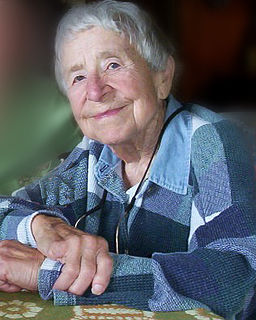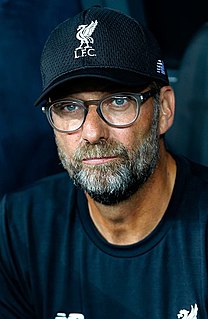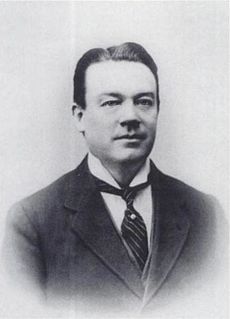A Quote by Doris McCarthy
I don't want to see any art-writing gobbledygook or overblown words in an essay about me. If a smaller, simpler word will do - use it.
Related Quotes
I think there's much more privileging of the new in art. I think people want to think they privilege the new in writing, but I agree with Virginia Woolf. She wrote a great essay called "Craftsmanship" about how difficult it is to use new words. It's really hard, but you see them coming in because obviously, if you're going to write... I mean, even to write "cell phone" in a novel - it's so boring.
I never start with what lots of people think of as a subject or a theme. They're school words, not art words. So, writing essays busts my arse because the art is in addressing the subject. I find it really difficult and monstrously time-consuming. In an essay I need to employ my imagination but it's indentured in a way it's not when I'm free to make everything up.
I think all writing is about writing. All writing is a way of going out and exploring the world, of examining the way we live, and therefore any words you put down on the page about life will, at some level, also be words about words. It's still amazing, though, how many poems can be read as being analogous to the act of writing a poem. "Go to hell, go into detail, go for the throat" is certainly about writing, but it's also hopefully about a way of living.
Eliminate the word HATE and replace it with LOVE. The words: hate, hatred, hating, haters, hate that, hate this...and so forth. Stop people when they say them. Stop people from expressing any of those words in action. Make the word HATE as old as GROOVY. The word LOVE has been proven to be the most beautiful word. Learn to use it and put it into action - any which way you can.
The secret to writing is writing. Lots of people I know talk about writing. They will tell me about the book they are going to write, or are thinking about writing, or may write some day in the future. And I know they will never do it. If someone is serious about writing, then they will sit down every day and put some words down on paper.
From 1940 to about 1960, I had been writing just regular comics, the way my publishers wanted me too. He didn't want me to use words of more than two syllables if I could help it. He didn't want me to waste time on worrying about good dialogue or characterization. Just give me a lot of action, lot of fight scenes.
If one writing contributed more than any other to the framework in which this work Sowell's Knowledge and Decisions developed, it would be an essay entitled 'The Use of Knowledge in Society,' published in the American Economic Review of September 1945, and written by F. A. Hayek . . In this plain and apparently simple essay was a deeply penetrating insight into the way societies function and malfunction, and clues as to why they are so often and so profoundly misunderstood.
What is the good of words if they aren't important enough to quarrel over? Why do we choose one word more than another if there isn't any difference between them? If you called a woman a chimpanzee instead of an angel, wouldn't there be a quarrel about a word? If you're not going to argue about words, what are you going to argue about? Are you going to convey your meaning to me by moving your ears? The Church and the heresies always used to fight about words, because they are the only thing worth fighting about.
Too much me is annoying under any circumstance, but too much me in an essay, however personal, would mar the art. My "character" in the essay is more like a perspective, an angle of vision, a complicating factor, a questioning presence. I don't sit on the sidelines or pretend to objectivity; and I'm not afraid to stick my neck out or to be revealing and vulnerable.







































